My mental strategies for Disc Golf
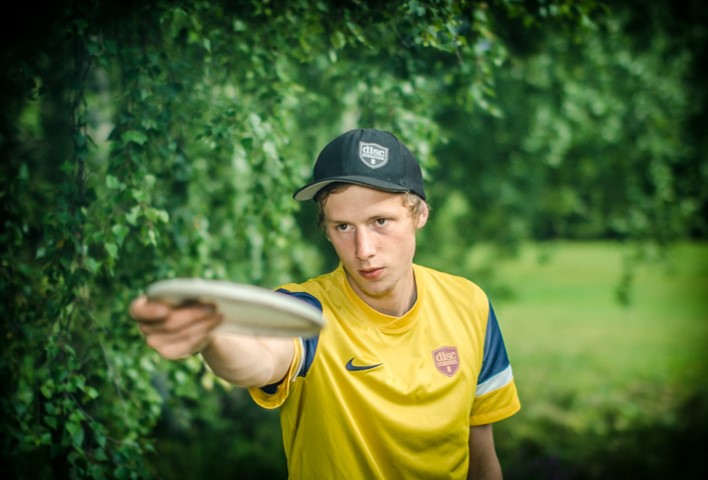 © Discmania
© Discmania
Hi guys, Did you enjoy this article on Simon's secret strategies? Would you like to see more ad-free content on Simon - or other people who pursue their dreams? Become a Dreampions sponsor and support us via Paypal! Thank You!!! – Learn more.
after a few great and quite successful months of disc golf in the US, I am happy to be back in Europe for a few weeks. I could even participate in a local tournament in my hometown Bremen before heading to the Czech Republic for the Konopiste Open at the end of this week.
It has been a great but hectic time in the U.S, where I did not find much time for writing, but I know that I owe you quite a few answers on questions, which you sent a while ago. So, here we go - today you get the next round of Q&A answers, this time answering your questions on some of the psychological aspects in Disc Golf:
Q: How do you set up your game plan before beginning a round? (Oliver):
This is easy to answer: I always try to do my best and forget everything else around me. On the World Tour, we have the opportunity to play a few training sessions on the course, and then, of course, I develop a plan, as I approach each course. There are players who write their plan in a little book - I do not. I have always been an intuitive player; probably one would agree that "I do not play by the book".
One reason is that the plan is always weather-dependent and I intend to remain as flexible as possible. That means: I need to know the track, but then try to play using my intuition, experience and feeling for the game. And often the unplanned throws are the best ones.
Q: What are you doing to forget a bad shot or a bad hole in a round? (Mathias Oswald)
Nothing special, it's rather a matter of mental preparation. I think staying cool and focused after a double-bogey is also a matter of experience. As a young player, you are anyway a bit nervous at a tournament and when bad throws come, you ask yourself "My God, what am I doing here? This is not normal! " And it makes you become even more nervous, which is not helpful. I have been playing for so long that I know that besides (hopefully many) good laps there will always come weaker rounds. Everyone has to go through them and you just have to stay relaxed. Thinking about it makes everything worse – therefore: "Keep on smiling!"
However, I was not always so wise. I used to be very upset, threw my bag around or screamed when something did not work. What helped me with the topic were interestingly not books or coaching tips, but that I saw myself in videos, as I got angry and almost freaked out. I was so uncomfortable to see myself like that, even ashamed. It looked odd, disturbed my fellow players on the round, was not a good example for the spectators and made my game worse. I did not want to be that way and I did not want to be seen in public like that, so I consciously focused on staying relaxed and positive.
Q: Do you have any rituals/superstitions before & during a round? (Wacky)
Yes, of course I have my superstitions. If I observe colleagues on the tour, I believe everyone has his lucky charm. With me there is one problem though: They change constantly! I can’t think of any ritual that I have had for ages. But since 2006 I always use the same mini-marker for marking my position. It was a gift from a friend, my name and PDGA number are engraved and it is probably the most valuable item for me when I go on a round. I have played all tournaments in the last 11 years with it, while the discs in my bag are usually replaced after a few months. If I lose my mini marker, it's all over - but luckily nobody knows.
Besides, I have a favorite shirt, the red one, which I think I play with especially well. There are also special socks for me - in the big tournaments I won, I always had the same socks in the final round! Someone should try to convince that they had no influence!
Rituals in the true sense I do not have, but the socks, the shirt and the marker – they always have a great influence on the quality my game. (laughs)
Q: Who is more difficult to play a round with - guy who talks continuously or guy who is r e a l l y slow? (Wacky)
Neither of them will make for a fun round, I guess. Of course, I have experienced both extremes already and they are just annoying. The rule says that you have only 30 seconds for the next throw and I have never experienced that someone called "Time!", if it took a player more than those 30 seconds. You know, we do not stand there with a stopwatch. But I have often seen players who need 60 or 90 seconds, analyze the throwing options, and when you think they found a solution, they start the analysis again. There are also players on the World Tour who are known to take a lot of time - and yes, it can be exhausting and even annoying to play with them.
You will also find very talkative players, but there is less I can tell you about this. Maybe because there are fewer of them on the World Tour or because I am not getting so disturbed by them. As long as they do not talk during my preparation for a throw, I honestly do not really care.
Q: Is there something special you do after a good/bad round? (Wacky)
I suppose the question applies to the evening after the round. My routine actually does not really change depending on my results. After a round, I am usually mentally exhausted, just tired of the long concentration phases. Therefore, after a round we usually go for a meal and then head back to the hotel, rest and frankly I often go to sleep early during tournaments.
Q: What are you saying/thinking to yourself in your head when you're lining up a max distance shot? Is it the same during a round and not? (Joel)
Interesting question. I usually try to push myself, maybe with a "let's go" or a "now with full power". That may well be different words every time, but the intention is the same: To achieve the maximum distance with this throw.
Q: Eric McCabe and Paul McBeth have both had a bag with discs stolen before a tournament. I can't imagine the focus and challenge playing with different discs with no warning. What's the worst thing to happen before a tournament? And how do you deal with distractions or problems right before a major tournament? (Andy)
That is difficult to say. The worst part of a tournament would be an injury or other physical distraction that affects me when I am playing. Otherwise, I am actually quite satisfied that external influences do not impact my play too much. So if someone stole my mini-marker, that would be really bad (laughs). But I would be able to handle even that.
My bag has not been stolen yet, but it would not be that big of a problem. Since my discs are almost new anyway, I could also play with new replacement discs. I believe that Paul was rather disturbed by the pure fact that he became a victim of theft, but less so that he had to use new discs.
I hope you enjoyed the Q&A or even got some benefit out of it for your own game. I will now go practice at my home in Bremen and do my best to repeat my performance from last year in Konopiste.
Enjoy and see you soon!
Yours,
If you do not want to miss any videos or articles on disc golfer Simon Lizotte and are interested in other people, who (like Simon) pursue their dreams, subscribe to our newsletter and our You Tube channel.
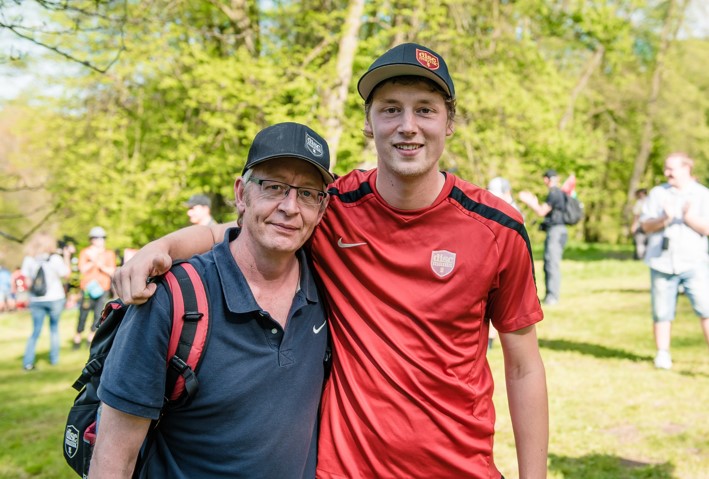 Simon Lizotte: Why children should play disc golf
Simon Lizotte: Why children should play disc golf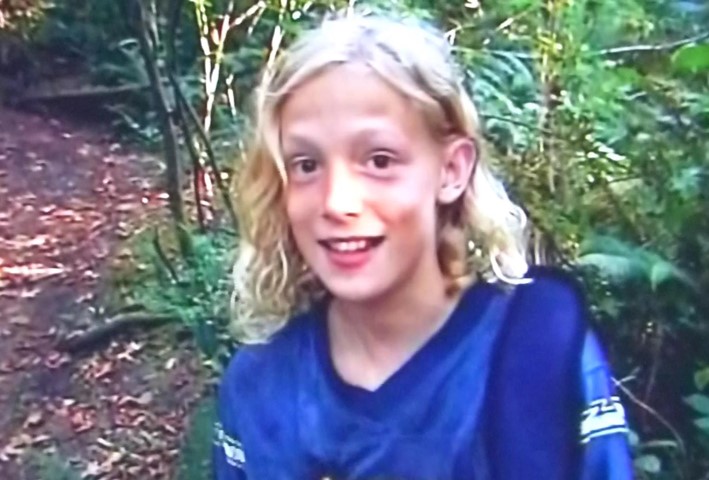 Simon on Video: The Day of my 1st Ace
Simon on Video: The Day of my 1st Ace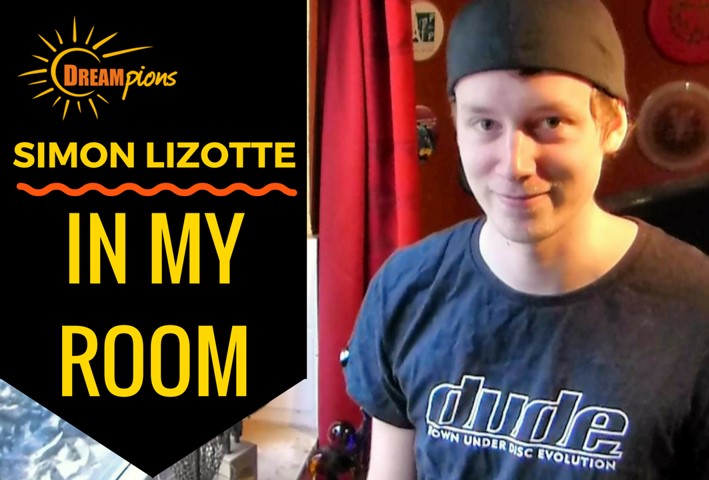 Simon on Video II: In my Room
Simon on Video II: In my Room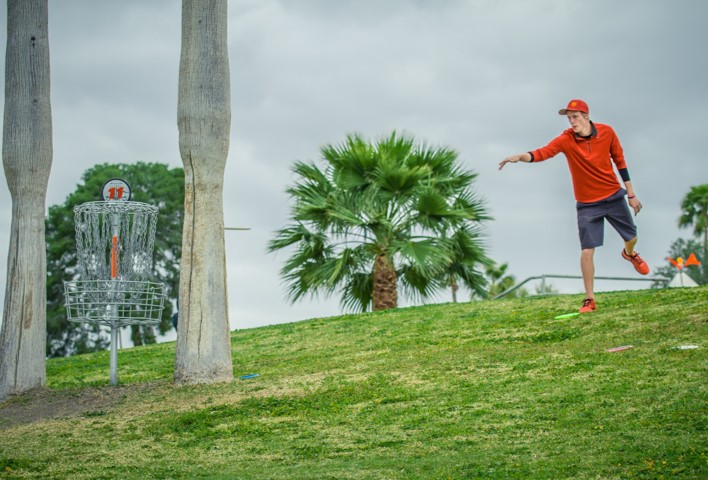 Simon Lizotte: My tourplan for 2017
Simon Lizotte: My tourplan for 2017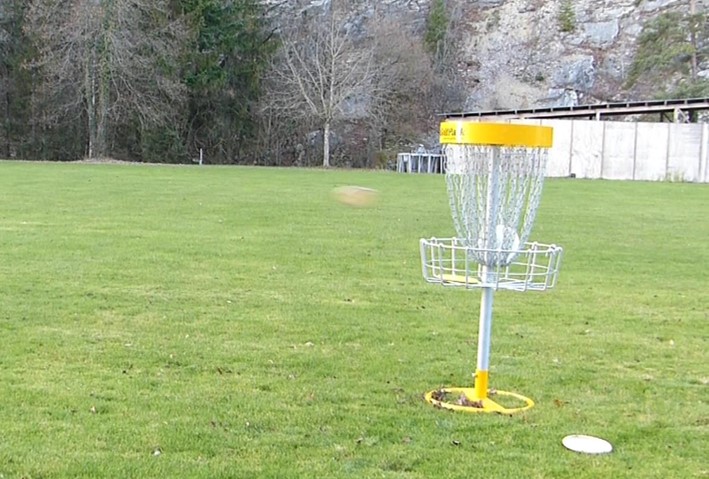 Simon on Video III: The putting challenge with Dreampions
Simon on Video III: The putting challenge with Dreampions Newsletter: Register and do not miss any article
Newsletter: Register and do not miss any article